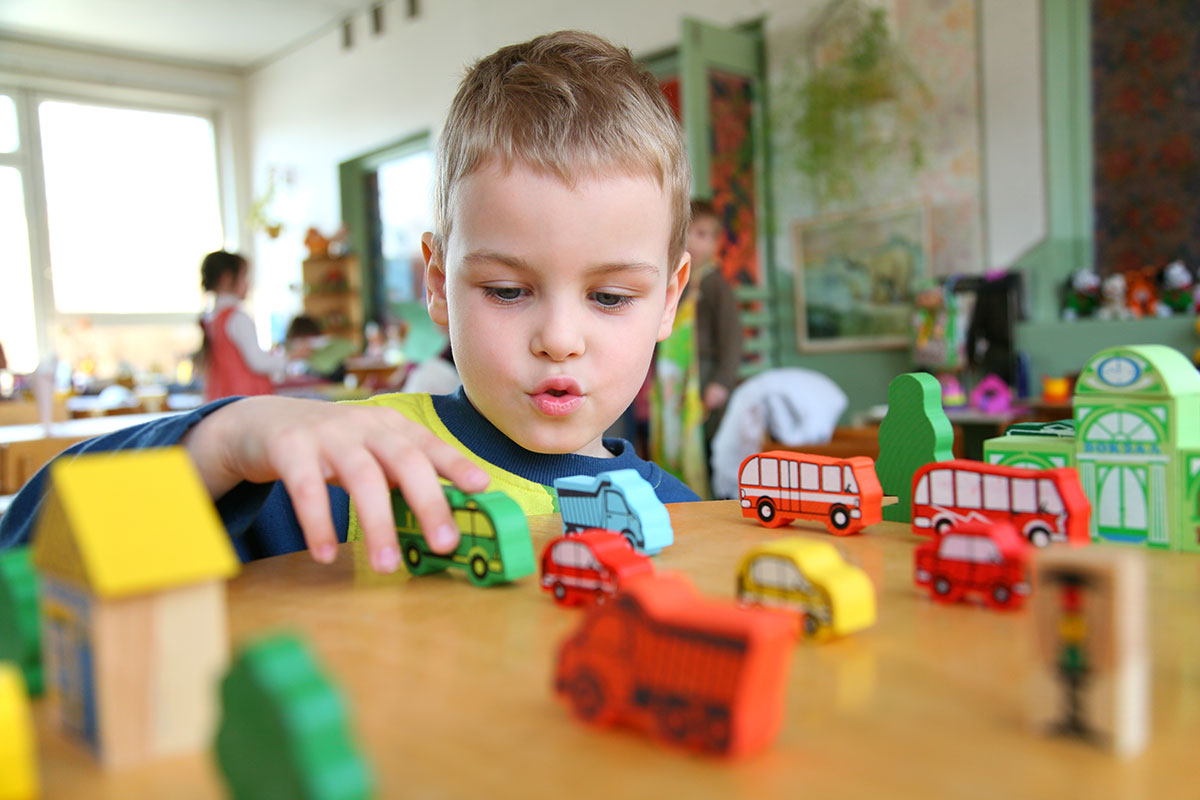Talking to Your Kids About Losing Your Home: 4 Mistakes to Avoid

It's hard enough to pack up your clothes, furniture and belongings to move to a new house — but it is nearly unbearable when the choice to leave is not yours. This is the sad reality that one in every 2,000 homeowners faced in 2017. From bank repossessions to defaulting on loans, foreclosure is a frightening situation for any family, but especially for those with children.
It's only natural to want to shelter your children from the stressful burden of losing your home. In fact, most parents will do everything they can to shield their kids from the ups and downs of the adult world. But children can easily pick up on distress in the household. If you don't include them in the conversation, you have no idea what their imaginations can come up with. This guide walks you through the four major mistakes parents make when it comes to dealing with their kids and a family crisis — like losing your home — and how to be open and honest in your conversations.
Mistake #1: Giving vague answers when your children ask specific questions

While you don't have to get too detailed about your financial situation, be honest with your children about the problems your family is facing. Giving them a chance to ask questions will help keep their fears at bay. Depending on their ages, they may not know what questions to ask in order to feel reassured. Regardless, you should be prepared with honest, appropriate answers to the questions they may have, including:
‘Are we going to be homeless?'
A good answer would be to tell your kids specifically where you are going to stay after you move out of your home. Perhaps you will be going immediately into a new house or an apartment, or staying with family, friends or in a hotel. Don't overdo it, but take the time to point out some of the benefits of the place you are going to next.
‘Will I get to keep all of the stuff in my room?'
This may be a hard question to answer if you are uncertain or if the answer is “no.” Be honest with your kids if you don't have an answer just yet. In the meantime, ask them to tell you what items are most important to them, and together, make a list of the things that your children really want to keep. Transitions are hard; your kids will feel comforted knowing they can keep their most cherished possessions.
‘Why can't we live here anymore?'
The answer to this question can be especially sensitive if your financial problems stem from you or your partner getting laid off or mishandling money. You don't need to bring your children into these deeper problems, but you do want to be appropriately open about the situation. Talk with your spouse or partner ahead of time to determine the right amount of information to share. You may decide that it is important to give more details to older children than younger.

‘Will I be able to go to the same school?'
While you may not know the answer to this, you can let your kids know that you are looking for a new place to live that's in their same school district. Reassure them that staying in their same school is a priority to you, but be clear about the reality that there is a chance it may not happen. If you know they will attend a new school, tell them right away. Comfort them, listen to their concerns compassionately, and give them as much information about their new school as possible.
Your kids are likely going to be focused on how losing the home impacts them. If they have a treehouse or swimming pool, they will be fixated on the loss of things that bring them joy. Try to finish each conversation by pointing out things about the new home that could be fun as well.
Mistake #2: Keeping your children in the dark about the situation

Kids will pick up on the tension in the home and wonder if they did something wrong. Why else would everyone be in such a bad mood and not tell them what's going on? If you don't talk to them about losing your home, they may think an array of terrible situations have occurred — someone is sick, someone is dying or their parents are getting divorced. Keeping your kids in the dark only makes the situation much worse in their minds.
Once you know that you are losing your home, it's time to call a family meeting. Even if you don't have all of the details, or even most of the details, it's still important to sit your kids down from the beginning and make sure they know what is going on. If you try to hide the situation from them, they may feel hurt, resentful or angry — or all of the above.
Mistake #3: Excluding your children from helping to find solutions for your family

You may think it's less stressful for your child if you exclude them from the decision-making process, but giving them appropriate ways to make a difference can help them feel a sense of control. For example, you can ask your kids to come up with suggestions for how the family can cut back on spending. This can also be an effective teaching moment to help them understand the difference between needs and wants. Give them the opportunity to help you differentiate needs and wants when it comes to finding an affordable new home.
If you are going to make a switch in schools or neighborhoods, let your kids help you with research in finding fun, interesting things to do and places to go in the area where you will be living. For example, if you will stay with family for a while, work with your children to find parks, games, sports and other adventures near there that they can get excited about.
Mistake #4: Thinking your children are so resilient that this will not impact them much

Children are not immune to stress, especially if they are picking up tension from the adults they are around the most. After talking to your kids about losing your home, you'll want to provide ways for them to cope with any feelings of sadness, stress, anxiety or fear. You can support them as they manage their emotions by:
- Encouraging social interaction by keeping them in contact with their friends in order to help reduce the risk of sadness or depression.
- Keeping their schedule and routine the same as much as possible so that they have comfort in the familiar.
- Modifying your expectations of your kids during this stressful time. Don't become lenient on things like grades and manners, but be understanding and compassionate when they act out of anger or fear.
- Making sure they get plenty of exercise, which can help boost mood, improve self-esteem and combat depression. Sign them up for a team sport or go on bike rides with them. The activity will not only provide an outlet for their emotions (and yours), but will also give them a chance to feel a sense of pride in their accomplishments.
Even though you have your own set of worries to deal with during this time, you'll need to pay extra attention to your child's behavior. When they seem worried or anxious, try to get them to talk to you about their feelings.

Working through a crisis as a family can be a powerful way to strengthen your bond with your child. Few things in life are more unnerving than the thought of losing your home. Your kids will be scared and unsettled by the situation. However, if you are open, honest and inclusive with them, you can ease their feelings of turmoil in such a chaotic time.
Real Estate Buyers: Are You Unsure Which Loans You'll Qualify For?
We have partnered with Mortgage Research Center to help local homebuyers and refinancers find out what loan programs they are qualified for and connect them with local lenders offering competitive interest rates.